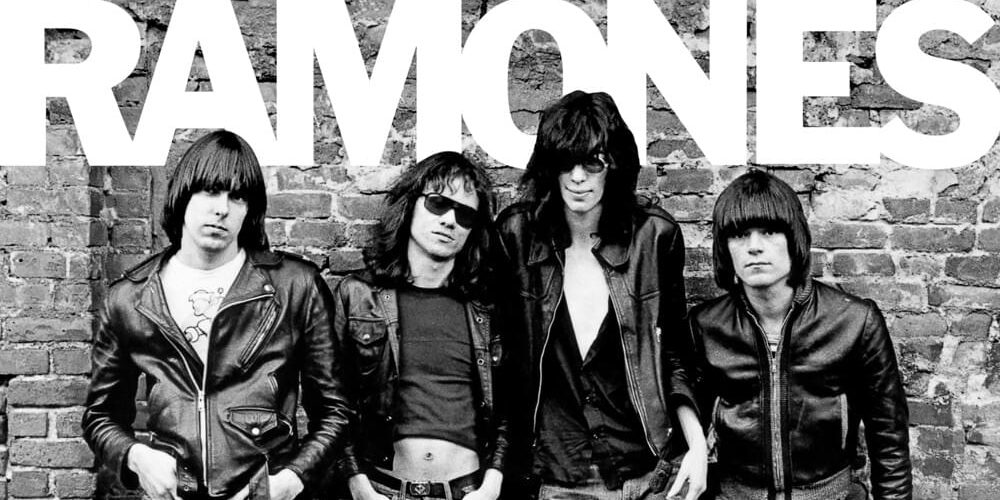(The) Ramones were a New York City rock band who were formed in 1974. They were members of the then nascent Punk genre, which was beginning its eventual rise to cultural prominence around this time. All of this has been written countless times. On the Ramones self titled debut album, the third track, “Judy Is a Punk,” has been haunting my memory for some time now. I first heard the Ramones debut several years ago, hopped up on classic rock kick fuelled by a recent visit to the Rock and Roll Hall of Fame. I had listened to bands like Green Day and The Velvet Underground before, so this was not my first time hearing punk or punk styled music. I had, of course, heard, “Blitzkrieg Bop,” before, in the Jimmy Neutron Movie. I thought the album was pretty good, although I couldn’t have told you any particular highlights. Years passed and I didn’t think much of the album. Until I heard, “Judy Is a Punk,” used in the film, “The Royal Tenenbaums.” Maybe it was just that the song stood out between the usual comfortable folk and pop songs that populate Wes Anderson’s films, but I was blown away by how much better it sounded than I remembered. Later, I listened to the song by itself and found myself completely blown away. I loved it. It was everything that a punk song should be. The perfect fusion of bubblegum pop and gritty rock n’ roll. I then found the mono version and fell in love with the song all over again. Bands like The Ramones were made to have slightly primitive or dirtied up recordings.
The song starts with a blast of guitar noise, emulating the wall of sound approach used by Phil Spector. Typically founded on sugar sweet pop songs, the sound takes on a hard as stone feel via the grit of the guitar tone. The chord seems to be permanently rising higher and higher, almost like a Shepard’s tone. In the documentary, “Danny Says,” Ramones manager Danny Fields described hearing the band for the first time and describing it as an, “atomic wind.” A perfect description. For reference, the number one song on Billboard was, “Disco Lady,” by Johnnie Taylor. This song’s power could have eviscerated any song on the chart. Halfway through the song, A kazoo solo over the band’s playing acts as a release of all of the energy that the band has been building.
The song’s repeated refrain of, “Perhaps she’ll die,” taken from, “I Know An Old Lady Who Swallowed A Fly,” reflects the nihilistic outlook that much of punk music has. Punk is about the end times. Rock n’ Roll and Pop were much more focused on decadence and hedonism, whereas punk is about the destruction of society and descent into anarchy. This certainly appeals to a much more disaffected and pessimistic mindset.
Sex and music are intertwined. The phrase, “sex, drugs, and rock n’ roll,” exists as an everyday shorthand to describe this fact. If Rock was a sexual build up and release, Punk, musically, is a completely onanistic blast of pleasure.
The song, due to its speed, is ludicrously short, less than two minutes. It feels more like a mystic vision, a perfect ideal for which the entire genre is forever striving for.










